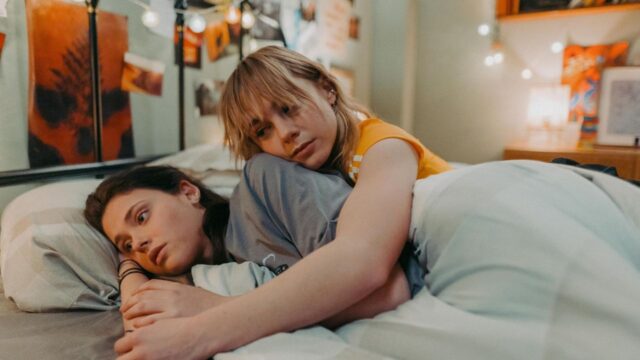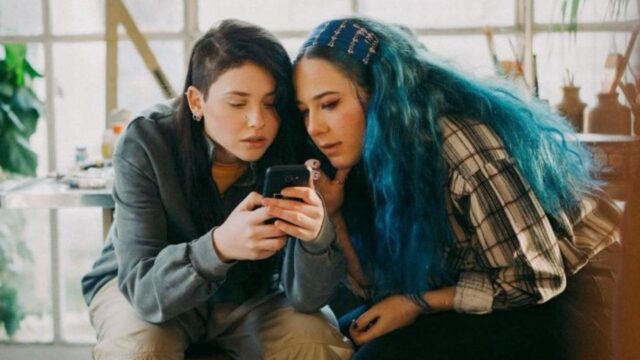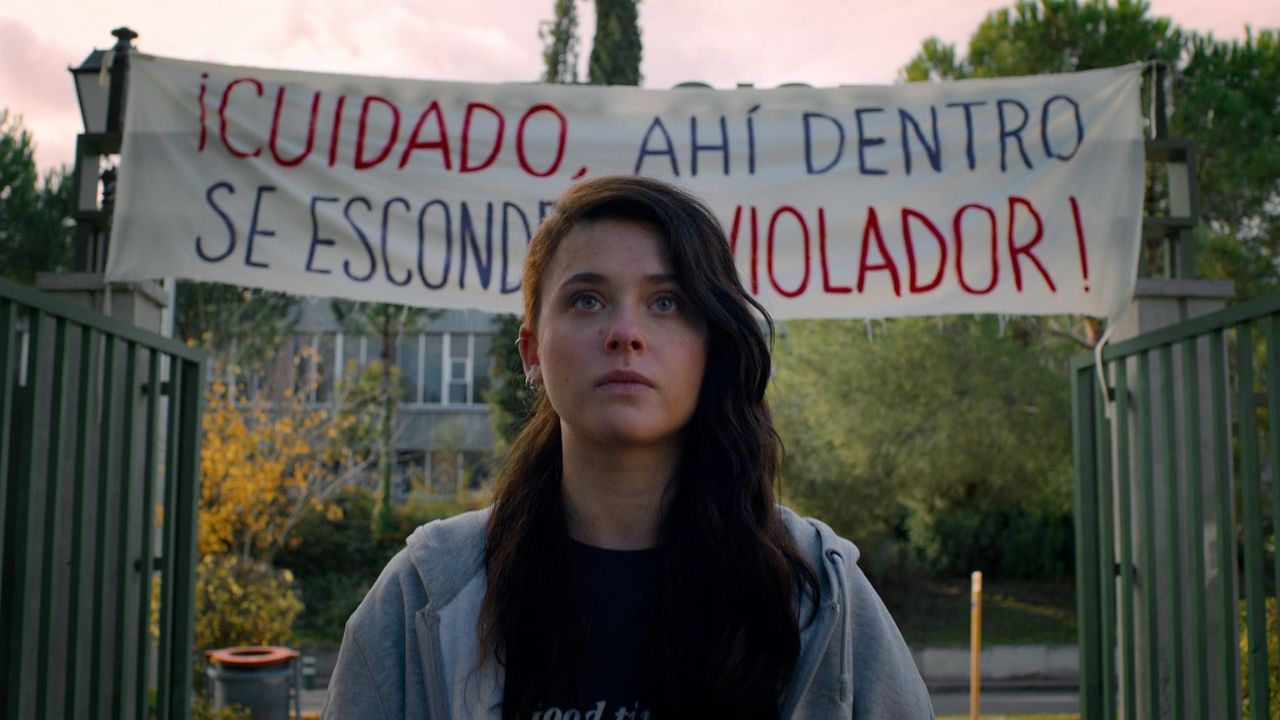In ‘Raising Voices,’ streaming on Netflix, directors Eduard Cortés, David Ulloa, and Marta Font brings alive a gripping tale of teenage turmoil.
With Nicole Wallace, Clara Galle, Teresa de Mera, and Aïcha Villaverde, the Spanish teen drama miniseries follows 17-year-old Alma and her friends Greta and Nata, whose lives are shattered when Alma uncovers the identity of an assailant who is stalking their high school.
The raw emotions the characters have shown, the details in the plot, and the haunting depiction of societal issues beg the question: Is the series based on a true story?
From the authentic portrayal of teen struggles to the unequally parallel scenes of sexual assault and social media activism in present times, everything in this series sounds too real and scarily too familiar.
Is Netflix’s Raising Voices based on a true story?
Raising Voices’ is based on the novel by Miguel Sáez Carral, who, along with Isa Sánchez, adapted it for the screen.
His creation ‘Raising Voices’ may feel very close to reality despite being a fictional narrative because its portrayal of rape culture and the struggles of its characters reflect grim realities in our society.
It reminds us of its themes and relatable aspects of harsh truths that many go through in silence. Rape culture in schools is one of the significant issues in the real world against women.
In Kuala Lumpur, Malaysia, 17-year-old Ain Husniza Saiful Nizam used TikTok to expose a disturbing joke by a teacher, and the incident turned into an outcry over the violence faced by Malaysian girls and women.

The incident reminisces of what Alma did in ‘Raising Voices,’ where she hangs a banner in her school to shed light upon a hidden sexual assault.
Ain, a student at a secondary school in Puncak Alam, revealed that during a class discussion on laws protecting minors from sexual abuse, a male teacher remarked, “If you want to rape someone, make sure they are above 18.” Shocked and disgusted, Ain noted how the girls were silent while the boys laughed.
Her video, viewed over 1.8 million times, sparked renewed debate on misogyny and violence, leading Ain to launch the #MakeSchoolASaferPlace campaign despite facing social media backlash and threats of expulsion.
This incident underscores social media’s profound impact and power in raising awareness and driving social change.
Institutions often try to brush such cases as those depicted in ‘Raising Voices’ or the Steubenville High School rape case under the carpet. Still, as it permeates every stratum of society, social media is making it increasingly difficult to do so.
The Steubenville High School rape case of 2012 brought into the limelight the evils of social media when used to perpetuate and propagate abuse, as when the rape victim was too drunk to know what was being done to her, her friends captured and circulated videos of the rape on social media sites such as Facebook and Twitter and through text messages, making the actions of the perpetrators even more evil.
The videos went viral, exacerbating the trauma of the victim while also leading to a sad culture of victim-blaming and ridicule on social media. The superintendent of schools in Steubenville also is being charged with interfering in the investigation of another rape case in 2012.
In marked contrast, the #MakeSchoolASaferPlace campaign started by Ain Husniza Saiful Nizam in Kuala Lumpur stands as a testament to social media’s power as a good force.
These parallel cases point out that social media is a two-way sword that, depending on its use, can perpetuate evil or bring positive societal change.
‘Raising Voices’ may be fiction-based, but its themes are real, just like the other Spanish dramas that portray similar problems.
These stories, among them ‘Raising Voices,’ touch on the pervasive and haunting nature of sexual violence; it blurs the line between fiction and real-life horrors.

Even within its fictional narrative, ‘Raising Voices’ subtly weaves in elements of reality, so the question is about its authenticity. Its touching portrayal of social problems feels so much like real-life situations that it makes one reflect.
Therefore, even though the series is fiction, its soundness with modern challenges calls for a closer look at the current issues it confronts. Cases of rape culture and the challenges many young people face are common in our world.
It is, however, inspiring to know that today’s youth fear nothing when speaking against injustice and demanding change, like Alma’s role in ‘Raising Voices’ or campaigns such as #MakeSchoolASaferPlace. This bravery to face and challenge the status quo is a hopeful sign of a future in which accountability and fairness reign.
About Raising Voices
Raising Voices (Spanish: Ni una más) is an Spanish teen drama television miniseries based on the novel by Miguel Sáez Carral. It stars Nicole Wallace, Clara Galle, and Aïcha Villaverde. The series premiered on 31 May 2024 on Netflix.
The plot follows the plight of 17-year-old Alma and fellow friends Greta and Nata. Their normality is upended the day Alma hangs a banner in their highschool reading “watch out, there is a rapist hiding in there”.








No Comments on Raising Voices: Is the Story of the Netflix Show Based on True Events?